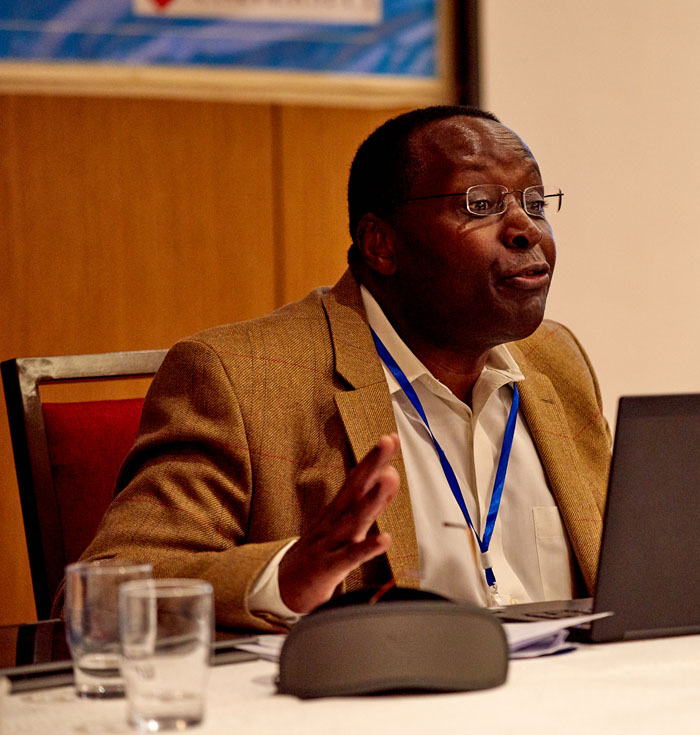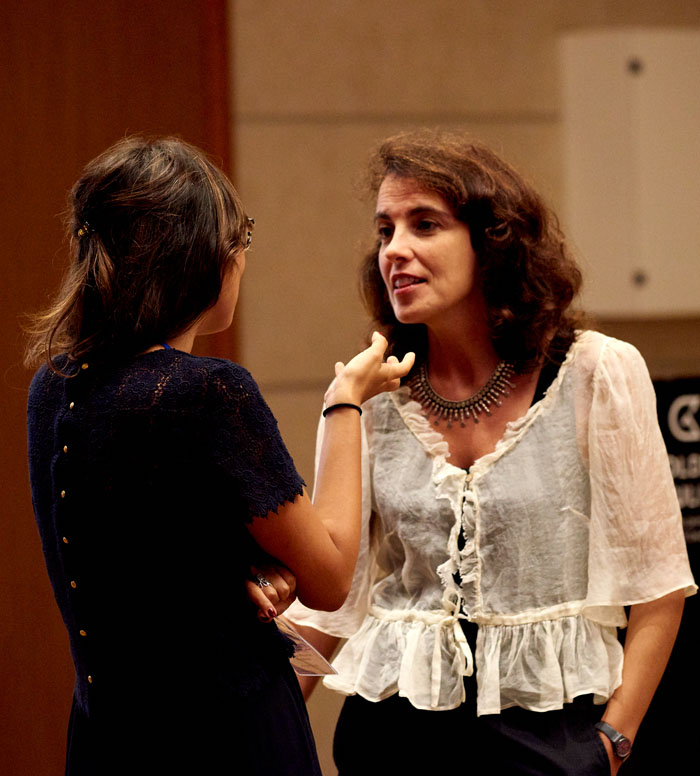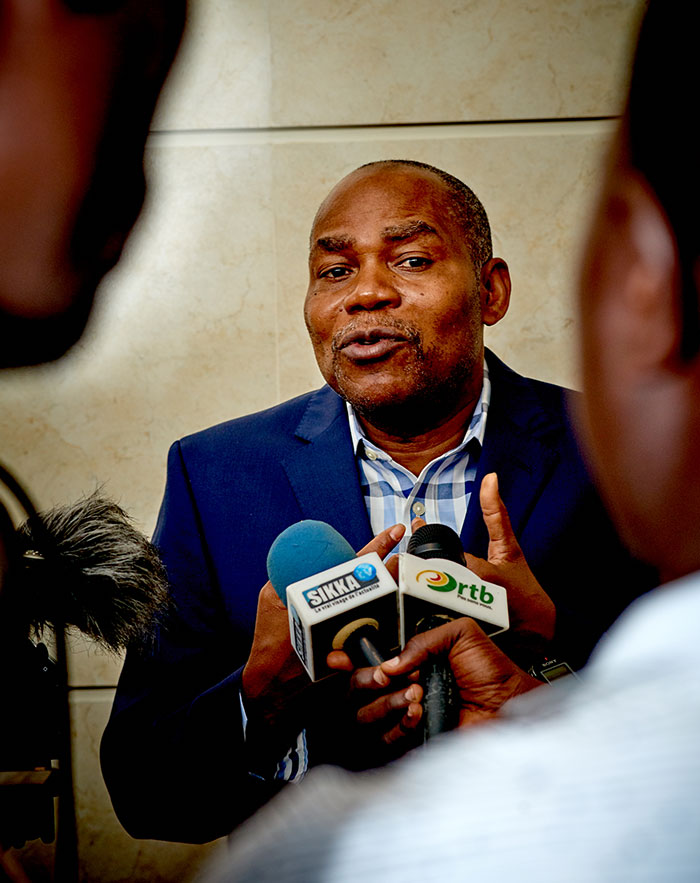From July 12th to 14th, the African School of Economics hosted the annual Africa Meeting of the Econometric Society. It was one of those meeting of the minds gatherings where some of the world’s top economists—including Nobel Prize winner Roger Myerson and development specialist Eliana la Ferrara—offered solutions to some of Africa’s most pressing development challenges. TRUE Africa was able to get the perspective of African School of Economics founder (and Princeton University Professor) Léonard Wantchekon.
Please share with us one key learning from this year’s conference.
It was great to have Roger Myerson and Eliana la Ferrara as keynote speakers, and one key learning from this year’s conference is that I learned there is a growing number of very strong young African economists teaching in good universities around the world. They are highly, highly committed to the development of econometrics and economic theory in Africa. This is quite evident from the quality and the time of the Summer Institute that they were involved in, and the keynote addresses, as well as their intensive interactions with the graduate students and younger scholars who were at the conference. I can talk about Blimpo, Mourifié, Doko, Habiba, Nguimkeu, Kondo, and many others. I mean, they just did a fantastic job. The lectures they gave were of the highest quality. They were very, very strong, detailed, well-prepared.
What is the single biggest economic policy mistake most African leaders make when planning for the future?
I think it’s the lack of systematic policy and institutional evaluation. In line with what I said is that we see that with many decisions—whether it’s political parties running for office, whether it’s government agents—there is not always a culture of experimenting about what should work and why. Recently, there has been some progress in policy evaluation, but what is still lacking is a culture of institutional evaluation. It is thinking about the best institution to make appropriate decisions. If you have a roads construction project, you need to think about what structures can be put into place to ensure maintenance. There should be a process in place that helps achieve that. Another example could be education reform. Education reform shouldn’t be about how much you spend on teachers, how much you spend on books, it should also be about how best to ensure parental investment for better learning outcome, to increase learning. It should be about better use of government investment.

In Africa, where can one access the data needed to make the most of the latest econometric tools?
I think there is a lot of micro-data available at the National Statistical Institute. The data is not always very accurate, not always the best quality, but it is there. There is also data at central banks, and at The World Bank. And then there is an increasing amount of micro-data put together by think tanks like Afrobarometer, for instance, or individual researchers based in the U.S., Europe and elsewhere. So, there is a combination of statistical institutes, central banks, the World Bank, think tanks and researchers. There is also an increasing amount of data generated by satellite imagery like night lights, that is used to do some important analysis. Lastly, with the Big Data revolution, mobile companies and banks and tech companies have data that can be useful. It’s data that comes from financial transactions or telephone use. The increasing availability of data makes economic research more rigorous, more practical, but also more democratic. So, you do not need an extremely advanced kind of econometric set of techniques to at least run some basic empirical analysis. Sometimes, even undergraduate students can do it. It makes the research more inclusive in the sense that you do not need to be highly, highly, highly trained to run at least some basic econometric analysis.


